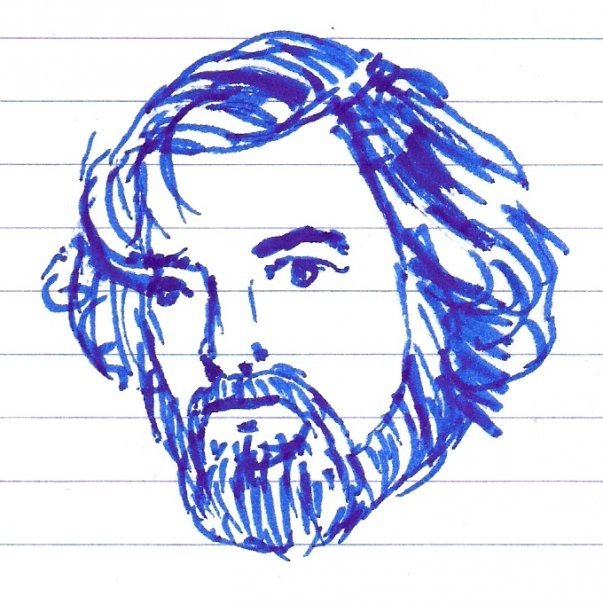Keith and I scoured these bins for reggae tapes and ended up, through these odd collections and compilations, collecting the equivalent of whole Bob Marley, Steel Pulse, Black Uhuru, Inner Circle, and Peter Tosh albums.
One legit album we purchased was Peter Tosh's "Equal Rights". I have memories of listening to it on family drives. In a Volvo station wagon with my parents listening to this militant, apacolyptic, herbalist, Afrocentric, Rastafarian play 9 songs of slightly durgy, slightly funky music.
Recently, I found myself really craving these songs, especially "Steppin Razor", but when I looked for a Peter Tosh greatest hits album and looked at the songs offered, you really can't get a better collection of Tosh's songs than on Equal Rights. So I went out and got it. Sure, "Steppin Razor" is a no-brainer, with it's super tough guy message, but super summery blissful tone. Also, tosh's version of "Get Up, Stand up", sure- I get it. But the real gems here are lesser-known tunes like "I Am That I Am", "Ja Guide", and "African". On all three of these, Tosh does. See usually the chorus of the song contains the melodic hook and also the resolution of the tension created by the preceeding verse. However, Tosh builds tension with dark, minor choruses that are repedative and dark, but when he returns to the verse- it resolves. Case-in-point the eerie (not Irie) middle-eastern/north African (Etheopian?) tinged chorus of "Jah guide, Jah guide, Jah guide, etc." to the verse with "I tru this valley, when I troddin' tru this valley...." it has this amazing, peaceful resolution.
Tosh uses this vehicle to reverse to lyrical polarity of the pop song. In a normal pop song, the resolving chorus sends the message: "Everything's fine!". Peter Tosh was making a very serious record and tackled themes such as the final Escaton, Religion, Black militantism, etc., so the choruses stayed tense, as if to be very forward about the serious nature of the record, but then let's it sail back to the breazy side to offer the listener a positive and affirming feeing. After all, this is reggae!
A funny note is that in the extended liner notes of this deluxe remastered edition, the drummer recalls how craaaazy their approach was to the recording of this album and gives the example that he didn't play the one drop on the whole album because he played some four on the floor on "Stepping Razor". The humor in this is that the 4x4 beat only lasts for about 10 seconds in the intro of "Razor" and drops heavy on the one (really this means the 3 beat) for the rest of the entire album.
This is one of two reggae albums I own. But if you own two reggae albums, this should be one.
